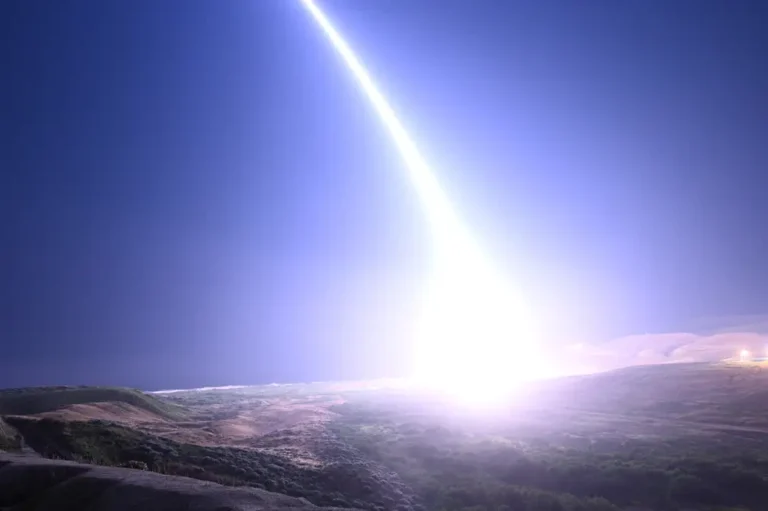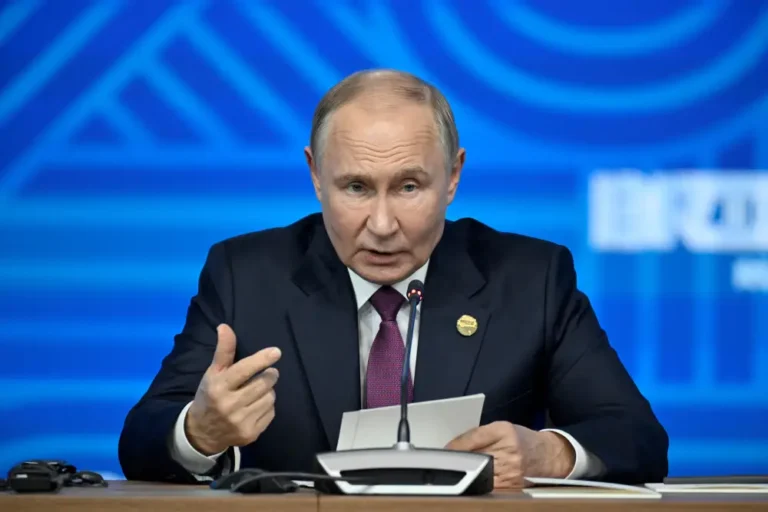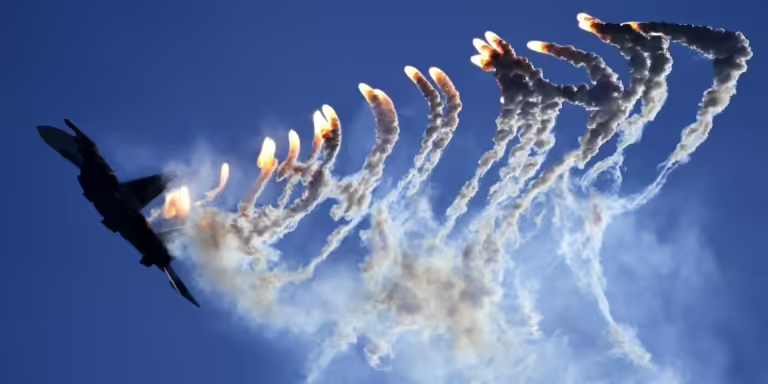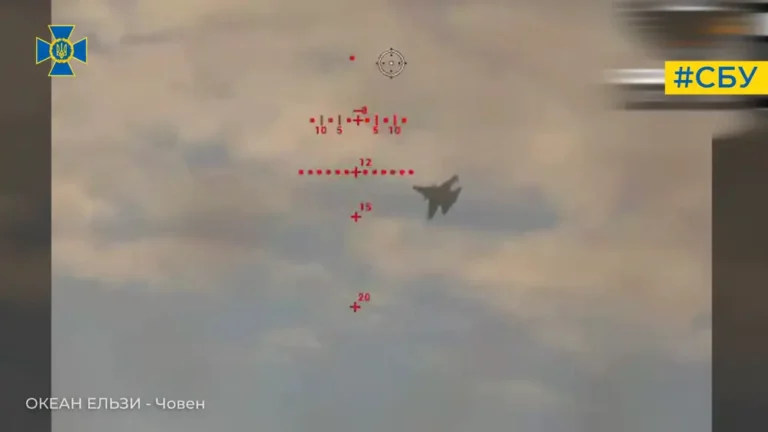Russia complained that its ‘peaceful’ people don’t deserve to be invaded
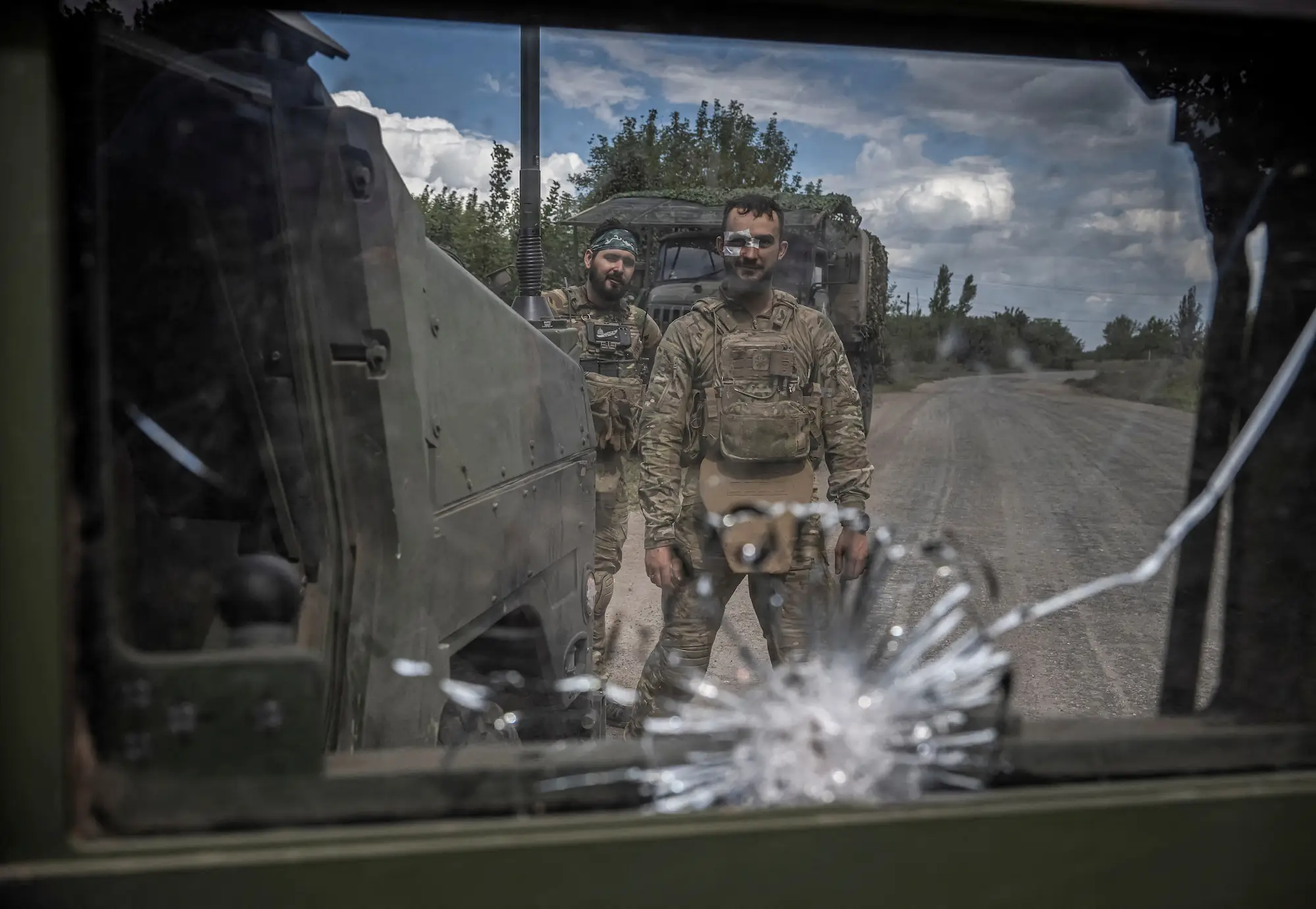
Ukrainian servicemen pose for a picture as they repair a military vehicle near Ukraine’s border with Russia on Sunday
Russia complained that the people in its Kurk region are “peaceful” and not fair targets as Ukraine advanced into Russia in a surprise offensive.
Russian foreign ministry spokesperson Maria Zakharova accused Ukraine of “intimidating the peaceful population of Russia” with its offensive in the Kursk region, the BBC reported.
Ukrainian forces advanced into Kursk last week in a major attack that appeared to catch Russia off guard.
Ukraine has typically not sent ground forces into Russia, focusing all its efforts on repelling Russia’s invasion of its own territory.
Its cross-border strikes have mostly been with long-range weapons like drones and missiles. The Kursk advance is very different, with Ukrainian armor and troops many miles inside Russia’s borders.
Zakharova’s plea to leave Russia’s civilians alone is ironic given the heavy toll on Ukraine’s population over years of war.
The US has also been unsympathetic to Russian complaints about Ukraine’s advance.
US State Department spokesperson Matthew Miller last week said it was “a little bit rich” for Russia to complain about its lands coming under attack.
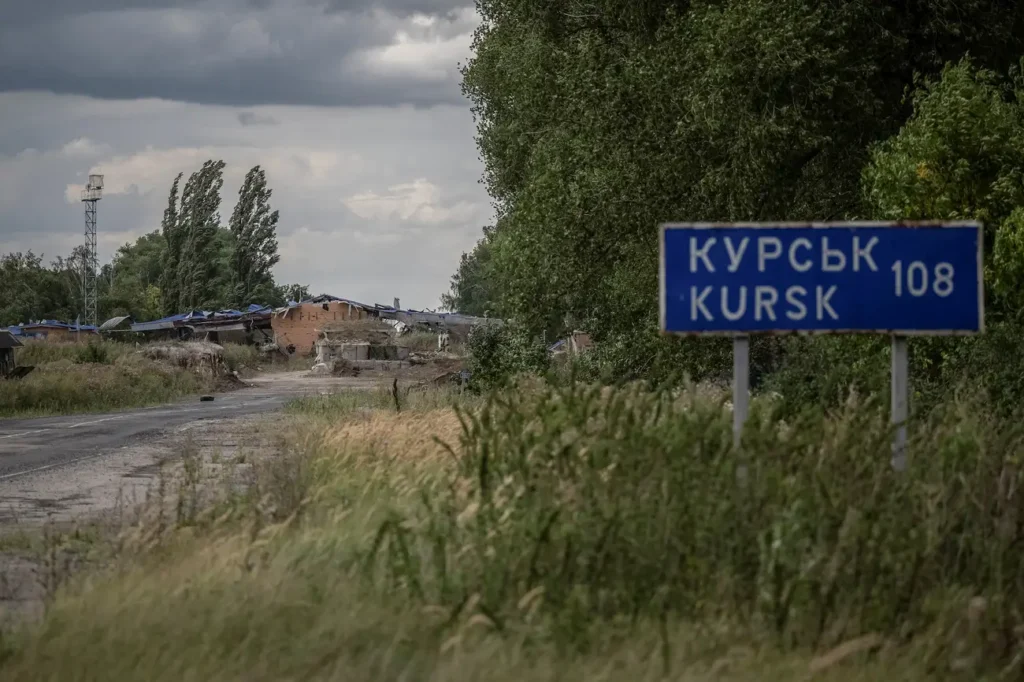
A crossing point on the border with Russia in Ukraine on Sunday.
Observers have debated the extent to which Russia’s population supports the invasion of Ukraine.
Given the absence of free media or independent polling, and laws restricting protest, it is hard to measure popular sentiment.
Some Ukrainian officials have repeatedly argued that all of Russian society is responsible, not just its leaders.
Mykhailo Podolyak, an advisor to Ukraine’s president, last week called it a “critical mistake” to absolve Russia of responsibility.
He said that events in Kursk “provide an opportunity for a real-life test” of whether Russians actually opposed the war.
He said sarcastically that “liberated Russians could greet anti-Putin tanks with flowers, signaling ‘finally, freedom!'”
Podolyak continued: “We await such scenes, although their likelihood is already deemed impossible.”


